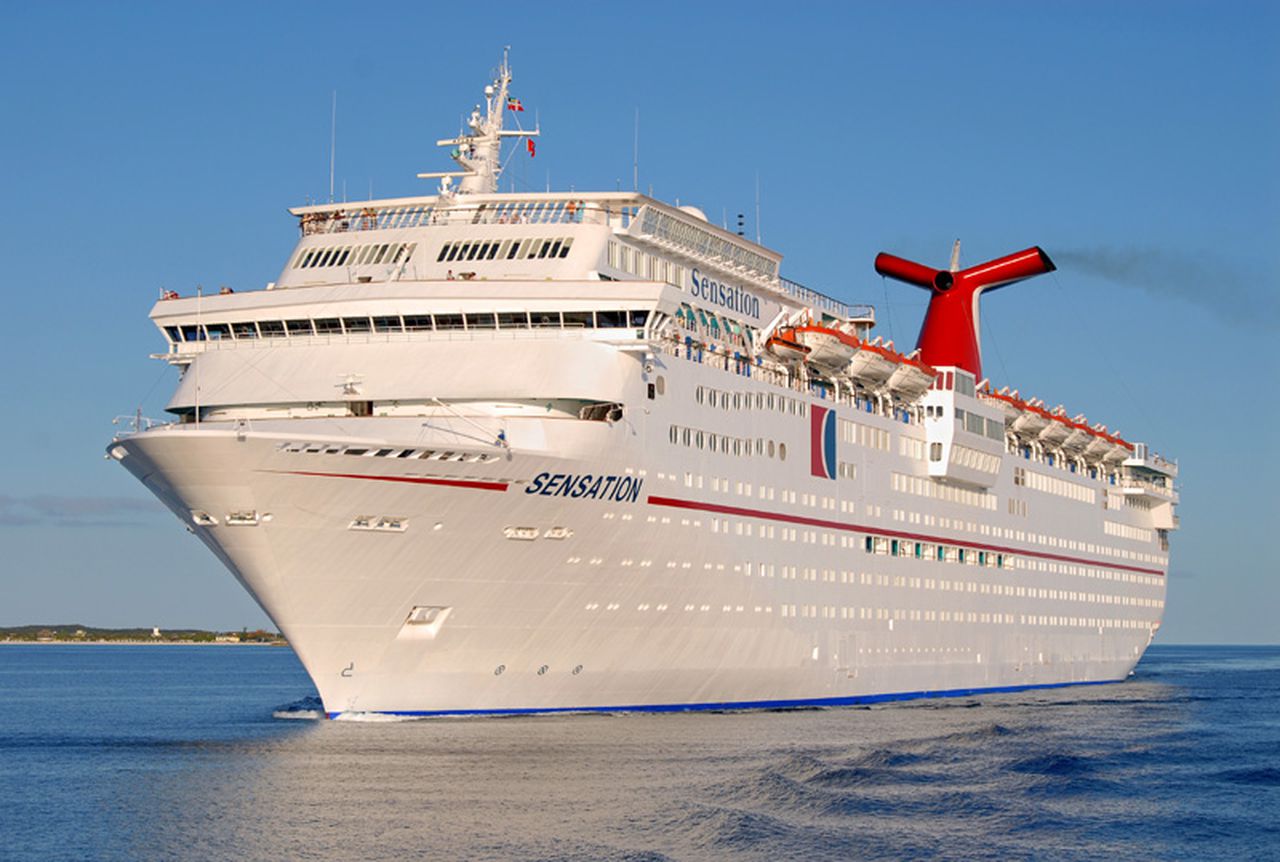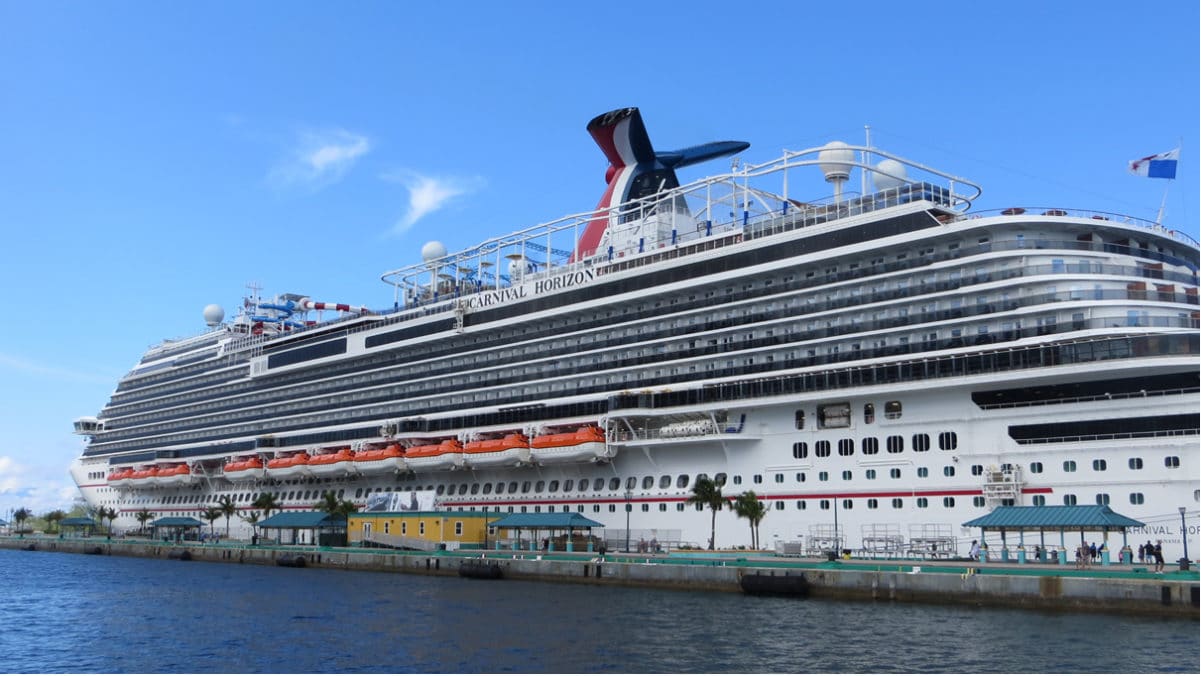
The value of airline miles is not fixed, as opposed to other rewards. It is often hard to know how much a flight is worth because the value of airline miles can change over time.
Some airlines use a revenue-based system. Flying expensive flights will earn you more points. Others give one mile for every mile you actually fly. This reward is often more beneficial for people who fly less frequently, such those flying from New York City to Los Angeles.
Dynamic award pricing is a new type of reward that combines distance and cost models. This means that you can earn more points for tickets with higher prices, and less points for tickets with lower prices. It allows you redeem on any flight. Although this is a great option for travel, it can be more complex.

Another type travel reward is based primarily on how far you've traveled. This reward is also known as an "elite" reward. These rewards are usually given to people who have achieved a certain level of elite status with the airline. Elite Qualifying Miles are required in order to reach elite status. A few airlines also offer tiered programs for earning EQMs. To achieve elite status, United must earn $3,000 in EQDs, while Delta requires $30,000.
A partnership award can also be used as a travel reward. These are often similar to a zona-based award chart and can be earned with your cobranded credit card. These awards function like a free ticket, but they don’t include taxes or fuel surcharges.
There are also cost-based awards that allow you to redeem for flights at an agreed price. You earn these awards when you pay a certain amount with your credit card. For example, Southwest provides a fixed redemption value for their Rapid Rewards points, which are always worth 1.28 cents per point toward your base fare.
Although airlines have been awarding miles to passengers since the 1980s and have recently switched to revenue-based model, This has caused a dramatic decline in the value airline miles and made it difficult to redeem them at good value. A majority of airline miles do not get redeemed.

Loyalty programs are another way airlines reward their customers for returning business. This program, known as frequent flyer programs, awards points for purchases, flights, and hotel stays. In addition, these programs provide a number of free flights and other rewards to frequent flyers. However, these benefits often have a limit. Some of these benefits have a limit. You must fly certain airline partners before you can receive elite status.
The type of flight you book, your travel preferences, as well as the airline's redemption process will all affect the value of your airline miles. While it is best to have a destination in your mind when searching for flights to that destination, it is important to be flexible regarding the dates.
FAQ
Are you worried about losing something while you're on the road?
Yes, I often forget stuff. This happens especially when I'm going on a short trip. But luckily, I always have everything with me, so I never run out of anything.
My passport is one example. I also make sure to have enough money for any purchase of tickets.
I also always have my phone charger with me. Also, I have a small bag that I store my other items in.
How much luggage should you take?
The length of your trip determines how much luggage you should take. If you are traveling by plane, you only need hand baggage, usually less than 20kg. If you are traveling by plane, you only need hand baggage, usually less than 20kg.
When you arrive at the airport, you will be given a form to fill out with details of your flight. This will include information such as the weight of your bags and whether you require assistance when checking them in.
Always check your luggage before you leave the house. If you don't, then you could find yourself waiting around for hours while everyone else checks their luggage.
It's best to travel light, as you never know when something might happen. You won't be able to use your bag if it gets lost.
What should you do first when you arrive at your destination?
A plan should be prepared for each step of your journey. It lets you know what's expected and where to go.
It is important to plan ahead so you don't forget anything.
For example, if you plan on visiting a city for more then one day, make sure you research which parks, museums, and landmarks are available.
Also, you may want to look into getting a map of the area and reading up on the region's history.
How do you travel light?
There is no right or wrong way to pack for a trip. But here are a few tips to help you choose what to bring along.
-
Only bring what is necessary.
-
Only bring what you are going to wear.
-
Do not overpackage yourself with items.
-
Check your suitcase for space.
-
Always make sure you have everything you need.
-
Take advantage of free storage facilities.
-
Instead of purchasing bottled water, use reusable water bottles.
-
Use a backpack to carry your stuff instead of a bag.
-
Walking or cycling is a better option than using public transport.
-
Pick the right size bag
-
Avoid carrying heavy objects.
-
Be prepared for any eventuality.
-
Nothing should be left behind
Statistics
- Pack sweaters, jackets, and underwear in reusable compression bags creating up to 75% more space in your luggage. (wikihow.com)
- Case in point: the private island of Ilha Caldeira, less than seven miles off the coast as part of the Primeiras and Segundas Archipelago, is located within the marine-protected area with 20 percent of the country's intact living coral. (travelandleisure.com)
- Alcoholic beverages with 24% alcohol or less are not subject to limitations in checked bags. (tsa.gov)
- They're also likely to offer babysitting services, in case you'd like to have dinner one night after 7 p.m. (travelandleisure.com)
- Alcoholic beverages with more than 24% but not more than 70% alcohol are limited in checked bags to 5 liters (1.3 gallons) per passenger and must be in unopened retail packaging. (tsa.gov)
External Links
How To
How to plan your next vacation
Planning a trip includes many things such as booking flights, hotels and car rentals. It involves important considerations like your budget, destination choice, weather forecast, etc.
You should always remember these points while planning your next vacation.
We have created a step to guide that will help you plan your next trip. This guide was compiled based upon customer feedback and experience. We hope you find this guide helpful and easy to follow when planning your next vacation.
Steps:
-
Plan your Budget - This is the most important step to take when planning for a trip. Before you can begin to plan where you want to go and what you'd like to do, you should know how much. If you don't have the money, your plans may be cancelled.
-
Book Your Flights. After you have decided on your budget, book your tickets. Be sure to get the lowest price flight deal. In addition, make sure you check whether there are any special offers for certain seasons. These deals could save you a lot of money.
-
Pick Your Destination. Once you've booked your tickets, the next step is to decide where to travel. Numerous factors go into choosing your destination.
-
Finding Accommodations - Once you have chosen your destination, it is time to find accommodations. There are many choices for accommodation. You can choose from affordable hostels or luxury suites. It all depends on what you want and how much space you have. A hotel is not the best choice if you want to be close to the city centre. A homestay might be a better option if you are looking for quieter places far from the crowds.
-
Select Activities and Attractions. Now, after you've selected your accommodation it is time to pick the activities or attractions that you would like to add to your itinerary. Depending upon the length of your stay you have two options: choose just a few activities, or add many more to your itinerary.
-
Plan Your Trip - Once you have decided on the attractions and activities you want to include, you can now plan your itinerary. You should follow a set schedule to get the most out of your trip. You can still enjoy your trip if you are able to travel at your own pace.
-
Make an itinerary - This is where you include all details about your trip. Write down all details about your trip, including flights, accommodation, activities, and restaurants.
-
Research Online – Before you go on your trip, make sure to research online. To find out what other travellers think about different destinations, read reviews and testimonials. You will be able plan accordingly.
-
Be Light - Don't pack too much. This is the biggest mistake people make when packing. Do not bring more than three sets of clothes. Wear clothing that is appropriate for the climate you are visiting.
-
Be Prepared - Finally, be prepared! Make sure you have everything prepared before you go. Do not waste your time looking for important documents when you are in transit.